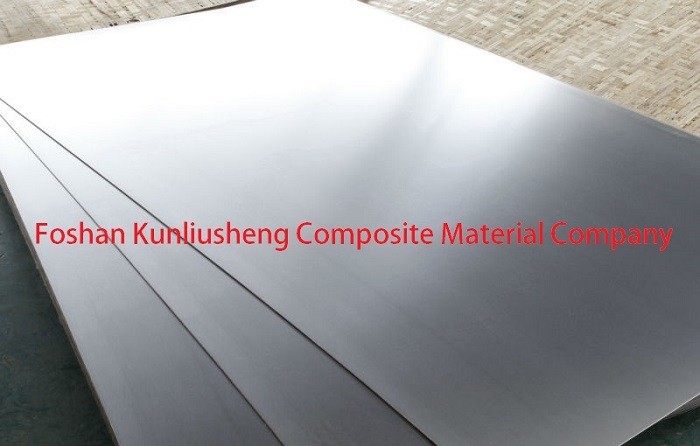Feb. 26, 2024
Titanium sheet and steel sheet are two commonly used materials in various industries, each offering distinct properties and advantages. Understanding the differences between titanium sheet and steel sheet is essential for selecting the most suitable material for specific applications.
Titanium sheet is a lightweight and corrosion-resistant material known for its exceptional strength-to-weight ratio. It is approximately 45% lighter than steel, yet boasts comparable strength, making it ideal for applications where weight reduction is critical. Additionally, titanium exhibits excellent corrosion resistance, even in harsh environments such as saltwater or chemical exposure. This resistance to corrosion makes titanium sheet well-suited for aerospace components, marine equipment, medical implants, and chemical processing applications. However, titanium sheet tends to be more expensive and less readily available compared to steel sheet.
Steel Sheet
Steel sheet, on the other hand, is a versatile material primarily composed of iron and carbon, with additional alloying elements added to enhance its properties. Steel sheet is renowned for its strength, durability, and affordability, making it one of the most widely used materials across various industries. Unlike titanium, steel sheet is denser and heavier, but it offers excellent tensile strength and impact resistance. Additionally, steel sheet is relatively more affordable and readily available, making it a preferred choice for automotive body panels, building construction, household appliances, and industrial machinery.

Comparative Analysis
When comparing titanium sheet and steel sheet, several key differences emerge:
Weight: Titanium sheet for sale is significantly lighter than steel sheet, making it advantageous for applications where weight reduction is critical, such as aerospace components, lightweight structures, and portable equipment.
Strength: While titanium and steel sheet both offer high strength, steel sheet tends to have higher tensile strength and hardness, making it suitable for heavy-duty applications like automotive body panels, construction materials, and machinery components.
Corrosion Resistance: Titanium plate exhibits superior corrosion resistance compared to steel sheet, particularly in harsh environments with high humidity, saltwater exposure, or chemical contact. This corrosion resistance makes titanium sheet a preferred choice for marine applications, chemical processing equipment, and medical implants.
Cost and Availability: Steel sheet is more affordable and readily available compared to titanium sheet, which is a relatively rare and expensive material. The cost-effectiveness and widespread availability of steel sheet make it a preferred material for large-scale manufacturing, construction projects, and general-purpose applications.
Conclusion: Selecting the Right Material
In conclusion, the choice between titanium sheet and steel sheet depends on the specific requirements of the application, including factors such as weight, strength, corrosion resistance, cost, and availability. While titanium sheet offers advantages in terms of lightweight construction and corrosion resistance, steel sheet excels in strength, durability, and cost-effectiveness. By understanding the unique properties and characteristics of titanium sheet and steel sheet, engineers, designers, and manufacturers can make informed decisions when selecting the most suitable material for their projects, ensuring optimal performance, durability, and cost-efficiency.
Previous: None
Next: None
If you are interested in sending in a Guest Blogger Submission,welcome to write for us!
All Comments ( 0 )